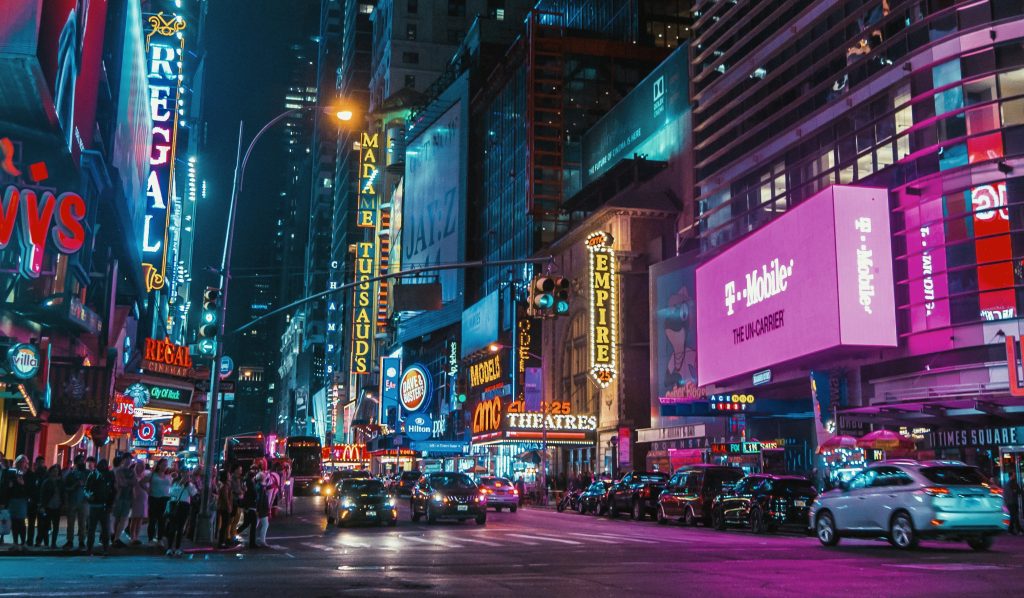
Brands are extremely powerful. Little else can evoke equivalent feelings of belonging, by connecting us with others, or separation, by differentiating us from the masses.
Those Nike kicks. That Gucci bag. The newest iPhone.
Brands make the statement, “Hey! I have this thing…and it’s really exclusive, or expensive, and associates me with a certain group of people. And you should like me more because I have it.”
I’ve always found this disheartening. How can someone rely on the brands they own to define how they feel about themselves? And why should we care so much about the stuff everyone else has?
These questions were swirling around my head as I snuggled comfortably against my long-held belief, “I’m really glad I don’t play that game”.
The problem is, I most definitely do. My self-evaluation of my relationship with brands has been off the mark. How was this denial able to hide unchallenged for so long?
I think it’s because my brands aren’t the quintessential pair of shoes, bag, or electronic — they’re hidden just out of sight. It’s because my city is my brand.
I lean on where I live to boost my self-esteem and equally expect others to hold me in a higher regard. Here’s a typical way I’ve leveraged my city as a brand, illustrated by an encounter while traveling in Mexico City:
“Hey new person I just met, nice to meet you, I’m Dan”
“Hi Dan, nice to meet you too. Where do you live?”
“I live in Brooklyn”
Note: I did not say “New York”, “New York City”, or even “The United States”. I simply replied Brooklyn, and casually assumed that:
a) they know exactly where Brooklyn is, and
b) they think Brooklyn is a cool place, and thus I must be cool for living in such a place.
what I imagined this new person thought after learning I live in Brooklyn:
💭 “Oh, wow this guy lives Brooklyn. I heard that’s a cool place with incredible food and bars. I think my cousin went to a rave in an abandoned warehouse in Brooklyn last year. The Brooklyn Bridge! And wasn’t Biggie Smalls from Brooklyn? Jay-Z for sure is from Brooklyn” 💭
Initially, this realization left me feeling even more pessimistic than when I was living in denial! Are we completely defenseless against the power of brands? But after taking some time to lick my wounds and reflect, I’ve found the simple awareness of my dependency has allowed me to be more deliberate in my relationship with where I live. Yes, I’m still proud, but I’ve started to uncouple this pride from having such a strong impact on my identity.
Another upside of this newfound knowledge is my murky brand vision has begun to clear, allowing me to uncover others hidden in plain sight:
- Our favorite sports teams
- Where we work
- Where we went to school
- Where we go on vacation
- The pictures we choose to post on online
At first glance, these facets of our lives appear vastly different than the logos on our car or shirt — but they serve the same purpose — to associate ourselves with a specific group to elevate our image. And I’ve found that recognition can help reduce their power.
What are your hidden brands?

